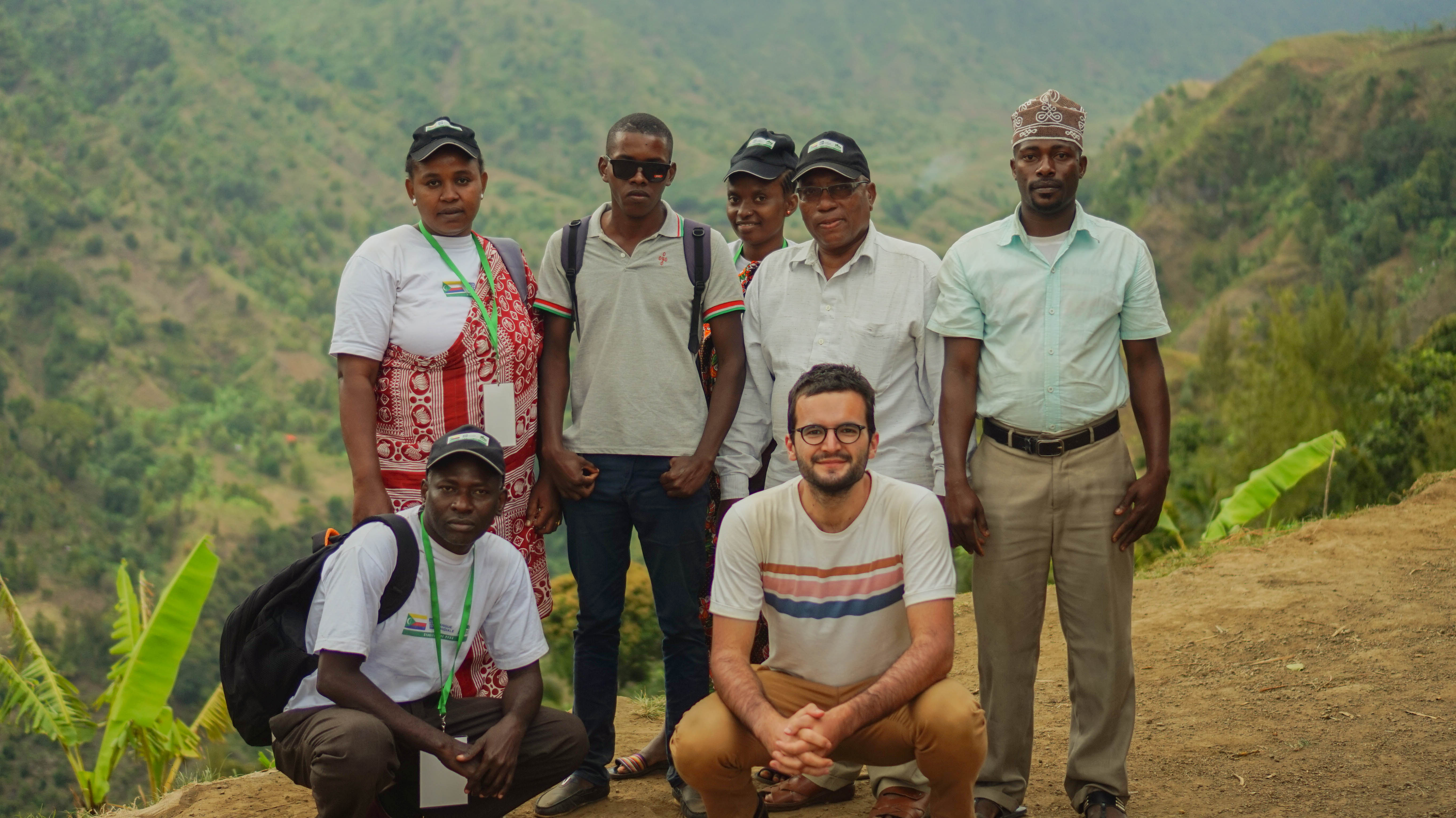In 2015, I joined a team led by Eric Mvukiyehe (DIME, The World Bank) and Olivier Sterck (Oxford University) to implement a randomized controlled trial to assess the effects of a nation-wide social protection program in Comoros. This work involved frequent, extensive field work in collaboration with two local institutions: FADC, the semi-public organisation that implements the program, and the Comorian national institute of statistics (known as INSEED), the main partner for data collection operations. Between 2016 and 2018, I spent more than 18 months in Comoros.
The Comoros Social Safety Net Project (SSNP) was initiated in 2015 by the Government of Comoros and the World Bank. The main component of the SSNP provides temporary cash-for-work opportunities to selected poor families. The objective of the impact evaluation was to provide rigorous evidence on the effects of the cash-for-work opportunities on socio-economic outcomes and welfare of households. To assess these effects in a rigorous way, the SSNP was carried out as a randomized controlled trial.
The cash-for-work program is hypothesized to improve beneficiaries’ socioeconomic outcomes. We assess impacts on four distinct family of outcomes: (i) labor market effects; (ii) economic welfare; (iii) migrations; and (iv) non-material outcomes. The temporary CFW opportunities should increase employment and income in the short run. These effects could last in the long run if part of the money is invested or saved. In the Comorian context, we anticipate that the program may affect migration patterns. The increased revenue should reduce the need for migration, but also provide the necessary means to finance a journey to Mayotte, the neighboring and richer French Island. The program could also have non-material impacts on social participation, political participation, collective actions, state legitimacy, security, and mental health.
This impact evaluation will generate crucial evidence on the ability of the Comoros SSNP in improving social and economic welfare of poor households.
